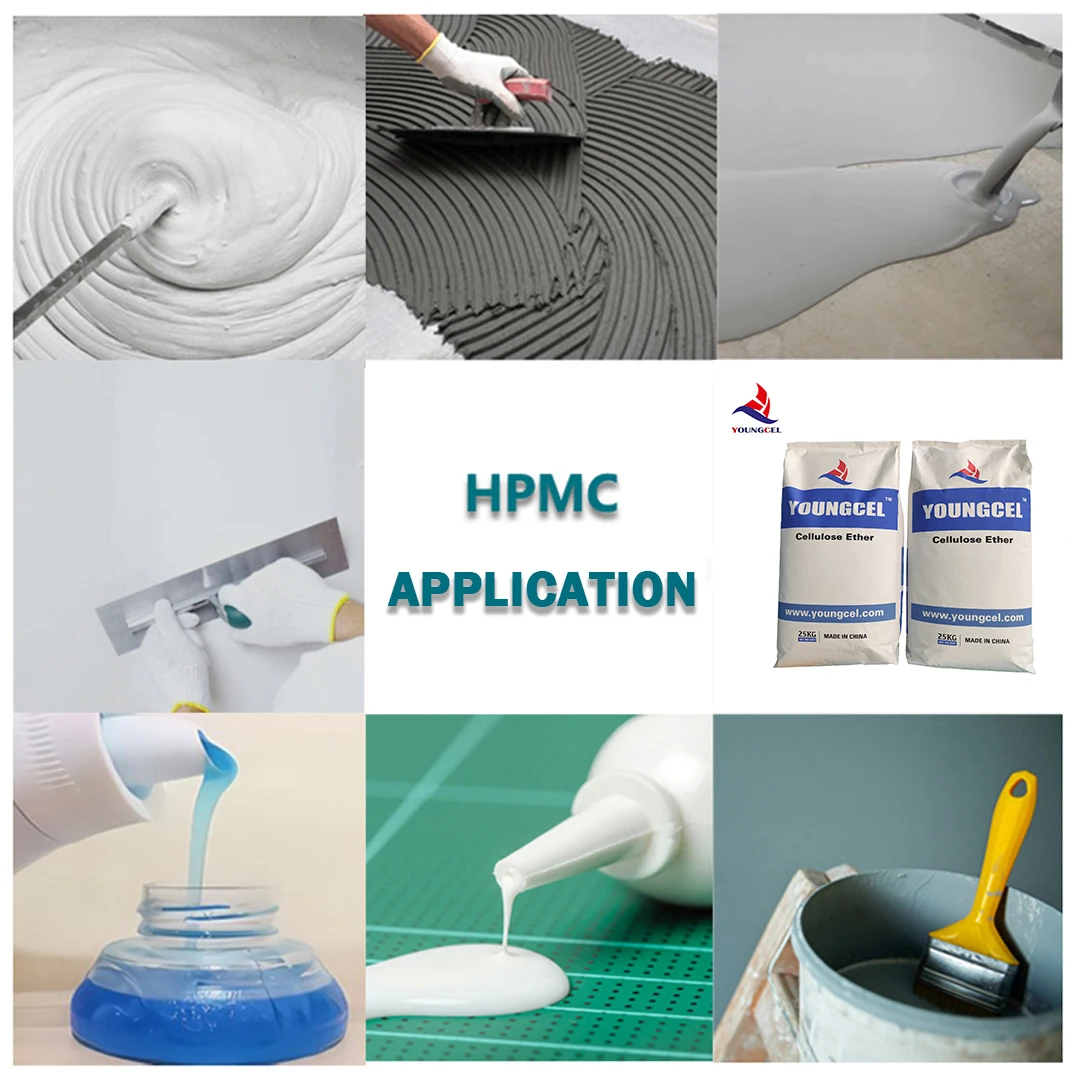The Importance of Concrete Additives in Modern Construction
Concrete is one of the most widely used construction materials in the world, famous for its durability and strength
. However, achieving the ideal characteristics of concrete for specific applications often requires the use of concrete additives. These additives, also known as admixtures, play a crucial role in enhancing the properties of concrete, making it more suitable for diverse construction needs.Concrete additives can be categorized into several types, each serving a distinct purpose. One of the most common types is plasticizers or superplasticizers, which are used to improve the workability of fresh concrete without increasing water content. This allows for easier placement and compaction, especially in intricate designs or tight spaces, while maintaining the strength and durability of the final product.
Another essential category of additives consists of retarders and accelerators. Retarders are used to slow down the setting time of concrete, which is particularly beneficial in hot weather conditions where rapid hydration can pose challenges. Conversely, accelerators are employed to speed up the curing process, allowing construction projects to proceed more quickly, which is especially advantageous in colder climates. The judicious use of these additives can significantly enhance project efficiency and reduce construction timelines.
concrete additives

Furthermore, there are additives designed to improve the durability and resistance of concrete against adverse conditions. For example, air-entraining agents create tiny air bubbles within the concrete mixture, improving its resistance to freeze-thaw cycles and deicing salts. This property is essential for structures exposed to harsh weather or seasonal temperature fluctuations. Similarly, corrosion inhibitors can be incorporated to protect reinforcing steel from rust, thus prolonging the lifespan of concrete structures.
Additionally, specialty additives such as fiber reinforcement can enhance the tensile strength and impact resistance of concrete. Fibers made from materials such as steel, glass, or synthetic products can be integrated into the mix to reduce cracking and improve load-bearing capacity. This function is vital for high-performance applications, including bridges, pavements, and industrial floors.
In conclusion, concrete additives are indispensable in modern construction, enabling engineers and architects to customize concrete properties based on specific project requirements. By selecting the appropriate additives, it is possible to enhance workability, durability, and overall performance, ultimately leading to more sustainable and long-lasting infrastructure. The continued innovation in this field promises to further optimize concrete technology, paving the way for smarter building solutions in the future.
-
Rdp Powder: Key Considerations for Wholesalers in the Building Materials IndustryNewsJul.08,2025
-
Key Considerations for Wholesalers: Navigating the World of Hpmc - Based ProductsNewsJul.08,2025
-
Hpmc Detergent: Key Considerations for WholesalersNewsJul.08,2025
-
Key Considerations for Wholesalers: China Hpmc For Tile Adhesive, Coating Additives, Concrete Additives, and MoreNewsJul.08,2025
-
Crucial Considerations for Wholesalers: Navigating the World of Construction MaterialsNewsJul.08,2025
-
Key Considerations for Wholesalers Sourcing Additive For Cement, Additive For Concrete, Additive For Putty from Additive Manufacturer Shijiazhuang Gaocheng District Yongfeng Cellulose Co., Ltd.NewsJul.08,2025




